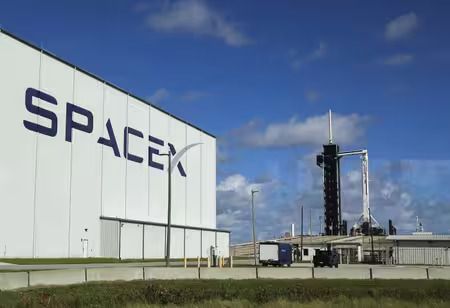
SpaceX Valuation likely to Hit around $ 400 Billion


SpaceX is exploring options to raise capital and offer insider shares in a transaction that could value Elon Musk’s rocket and satellite company at about $400 billion. This would set a record for the highest valuation of a privately owned US business, exceeding SpaceX’s prior record of $350 billion achieved during its share buyback in December and competing with valuations of TikTok’s parent company, ByteDance, and OpenAI.
The valuation takes into account various factors, such as the rapid expansion of its Starlink satellite internet division, which insiders claim generates over half of SpaceX’s yearly revenue, along with the company’s progress in achieving significant milestones with its Starship rocket initiative.
As one of the leading rocket launch service providers in the industry, SpaceX is focused on getting the development of its groundbreaking launch system back on track after facing a series of explosive failures, including a major blast at its test facility in Texas last June.
Musk, who holds the title of the world’s wealthiest individual, is once more engaged in a back-and-forth public dispute with US President Donald Trump regarding the president’s significant spending and tax reduction package, and has hinted at the possibility of forming a new political party.
Also Read: How Tensions Grew Worse between Elon Musk and Donald Trump
This latest conflict further diminishes the previously established collaboration between Musk and the White House, which had suggested a wealth of opportunities for the billionaire's business ventures.
SpaceX’s approach includes initiating a primary fundraising round wherein a limited number of new shares would be offered to investors, as noted by some sources who requested anonymity due to the discussion of confidential information. In one of SpaceX’s fundraising efforts in 2021, it secured nearly $850 million.
Also Read: Tim Cook Nears Retirement, Who Will Take Over Apple's Throne?
During this time, SpaceX would also conduct a secondary offering to sell shares owned by employees and early investors, with the pricing influenced by the primary fundraising round.
The specifics may shift based on the interest from internal sellers and buyers, as seen in previous company buybacks.